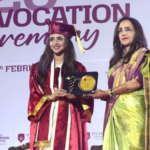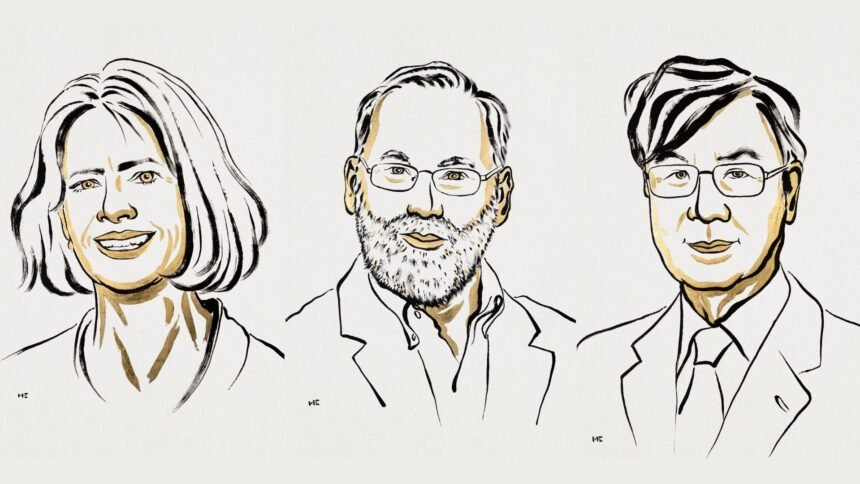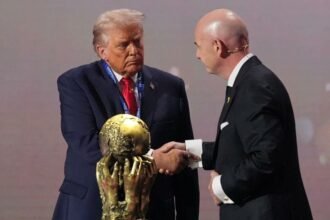STOCKHOLM: The Nobel Assembly at Karolinska Institutet has decided to award the 2025 Nobel Prize in Physiology or Medicine to Mary E. Brunkow, Fred Ramsdell and Shimon Sakaguchi “for their discoveries concerning peripheral immune tolerance”. Their crucial discoveries have helped explain how the body’s powerful immune system is prevented from attacking its own organs.
Our immune system protects us from thousands of different microbes every day. However, this system must be regulated so that it does not harm the body’s own tissues4. These three laureates identified the immune system’s “security guards,” known as regulatory T cells. These cells monitor other immune cells and ensure that the immune system tolerates our own body.
According to Olle Kämpe, chair of the Nobel Committee, “Their discoveries have been decisive for our understanding of how the immune system functions and why we do not all develop serious autoimmune diseases”.
The first key discovery in this field was made by Shimon Sakaguchi in 1995. At the time, many researchers believed that immune tolerance developed only through the elimination of potentially harmful immune cells in the thymus a process called central tolerance. Sakaguchi demonstrated that the immune system is more complex and discovered a previously unknown class of immune cells that protect the body from autoimmune diseases.
The second key discovery was made in 2001 by Mary Brunkow and Fred Ramsdell. They found that a specific mouse strain’s vulnerability to autoimmune diseases was due to a mutation in a gene they named Foxp3. They also showed that mutations in the human equivalent of this gene cause a serious autoimmune disease, IPEX.
Two years later, Shimon Sakaguchi was able to link these two discoveries. He proved that the Foxp3 gene governs the development of the cells he had identified in 1995. These cells are now known as regulatory T cells.
The laureates’ discoveries launched the field of peripheral tolerance, spurring the development of medical treatments for cancer and autoimmune diseases. This may also lead to more successful transplantations, and several of these treatments are now undergoing clinical trials.
The prize amount is 10 million Swedish kronor, to be shared equally among the laureates.
The Laureates:
- Mary E. Brunkow: Born in 1961. She is currently a Senior Program Manager at the Institute for Systems Biology, Seattle, USA.
- Fred Ramsdell: Born in 1960. He is a Scientific Advisor at Sonoma Biotherapeutics, San Francisco, USA.
- Shimon Sakaguchi: Born in 1951. He is a Distinguished Professor at the Immunology Frontier Research Center, Osaka University, Japan.















